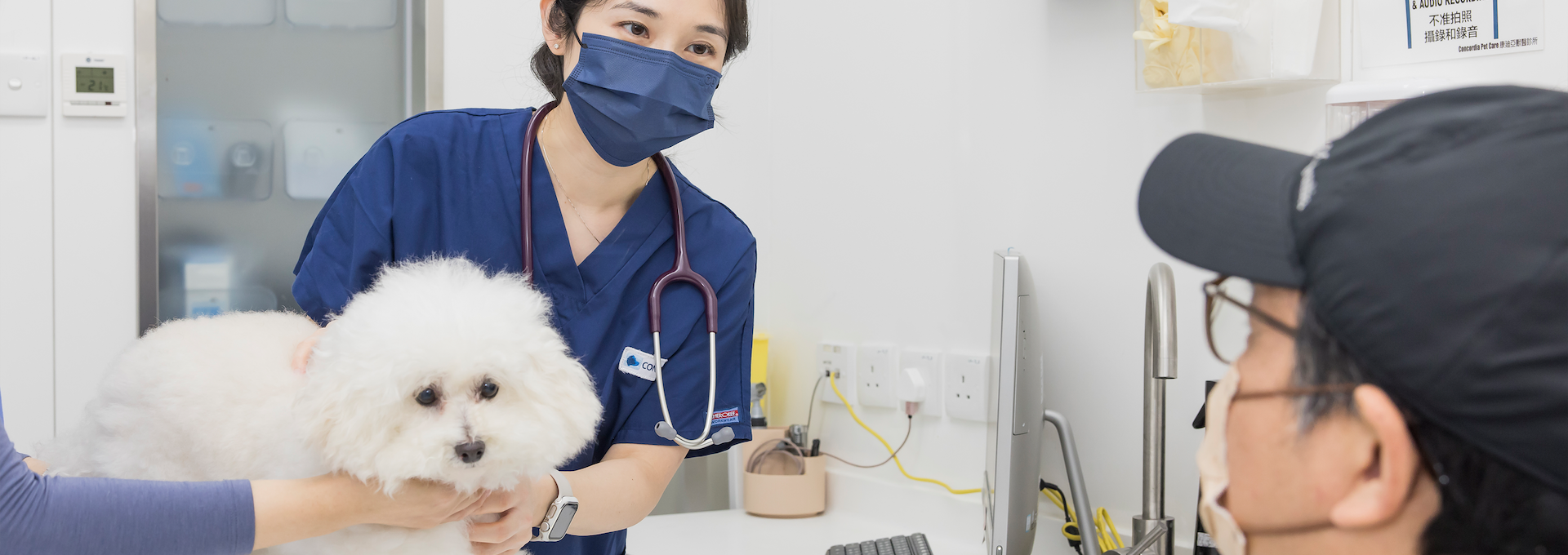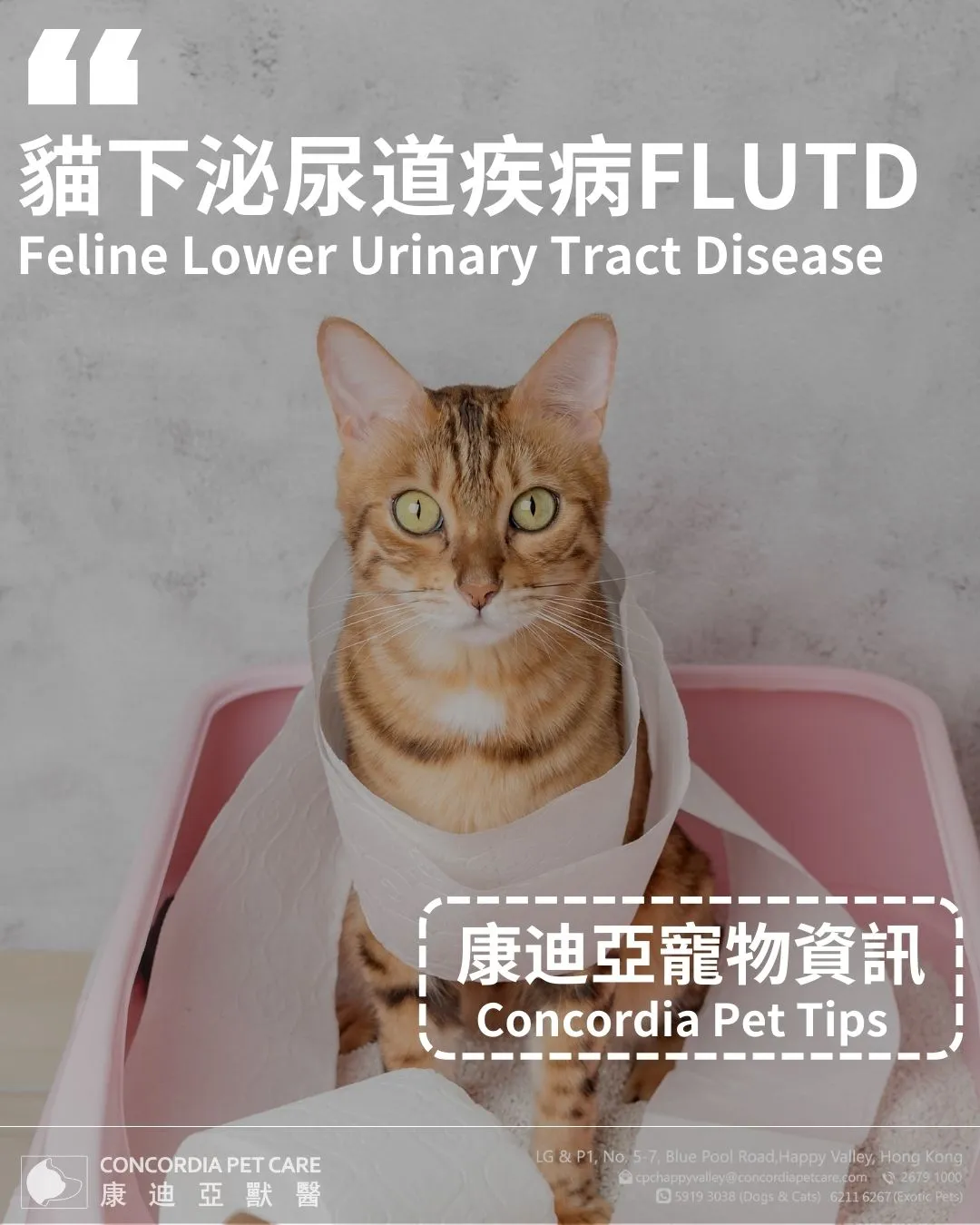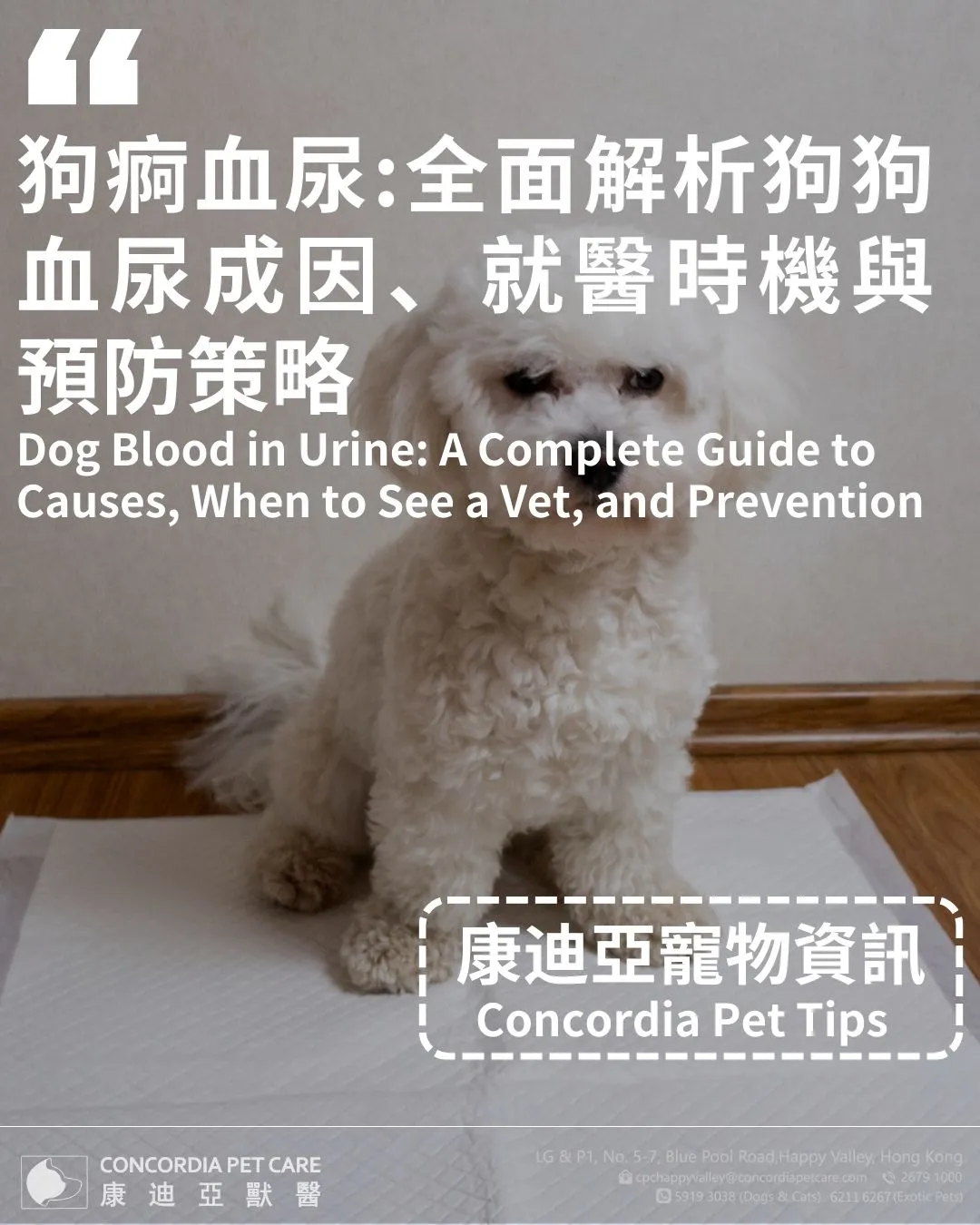
Cat Diarrhea: A Complete Guide from Mild Cat Soft Stool to Severe Watery Stools
 Concordia Pet Care
Concordia Pet Care
 2025-09-02
2025-09-02


When your beloved cat gets cat diarrhea, do you prefer to observe, rush them to the vet, or anxiously search online? While cat stomach upset is common, it can still cause cat owners to worry. Do they need to see a vet? This article will explain common causes, symptoms, and solutions for cat diarrhea. We'll teach you how to identify the severity of your cat's diarrhea and when to seek veterinary care, so you can be a responsible pet parent.
What is "Cat Diarrhea"?
Cat diarrhea, also known as cat stomach upset or loose stool, occurs when a cat's bowel movements increase in frequency and their stool becomes loose or watery. Cat diarrhea isn't a disease itself but a symptom that may indicate a problem with your cat's digestive system or a reaction to stress.
Common Causes of Cat Diarrhea
There are many reasons why a cat might experience cat diarrhea. The following are three of the most common causes of cat stomach upset:
Improper diet: Sudden changes in food, overeating, eating spoiled food, or consuming human food can all lead to cat diarrhea.
Environmental stress: Moving, adding a new family member, conflicts with other cats, or a pet parent being away for a long time can cause stress, which affects a cat's gut health.
Bacterial or viral infection: Infections from bacteria like salmonella or E. coli, or contact with contaminated water, food, or sick animals can cause intestinal infections, leading to cat diarrhea and watery stool.
Parasites: Parasites like roundworms, hookworms, and whipworms, as well as certain viruses like feline parvovirus (FPV), can also cause persistent feline diarrhea.
Observing and Identifying Cat Diarrhea Symptoms
How to Differentiate: Normal Soft Stool vs. Abnormal Diarrhea
A healthy cat's stool is usually dark brown, well-formed, and firm. If the stool becomes loose or completely unformed, it may be a sign of cat soft stool. There are two degrees of feline soft stool: normal and abnormal. You should observe your cat's stool carefully:
Normal soft stool: The stool still has some shape but is wetter than usual. This is normal if it happens occasionally.
Abnormal soft stool: The stool has an unusual color, a foul odor, or contains blood or mucus. These can all be signs of intestinal inflammation or infection.
Cats can't tell us how they feel, and their stool is an important indicator of their digestive health. That's why it's so important for cat owners to check their cat's stool daily.
My Kitten Has Diarrhea but is Energetic—Do I Need to Go to the Vet?
If a kitten has diarrhea but is active, it might be a milder issue, such as a change in diet or an imbalance in gut flora. In these cases, a trip to the vet may not be immediately necessary, and you can start by observing your kitten. Watch for these three key signs:
Changes in stool: Check if the stool is becoming less watery and if there's any blood or unusual color.
Eating and drinking: Check if your kitten is eating and drinking normally. Watch for signs of dehydration, like a dry mouth or sunken eyes. See if your kitten has diarrhea but is active and playing.
Duration: If the diarrhea lasts for more than 24 hours or if other symptoms like lethargy or vomiting start to appear, you should seek veterinary care immediately.
Keep in mind that kittens are fragile, so any abnormality should be taken seriously. If the kitten's diarrhea persists for more than 24 hours or if they show other symptoms like lethargy or a loss of appetite, take them to the vet immediately.
Is a Cat With Watery Stool a Serious Warning Sign?
A cat that has watery stool could be suffering from gastroenteritis, a parasitic infection, or an even more serious health issue, such as liver disease. In this case, do not delay. Take your cat to the vet immediately and bring a stool sample for examination.
Should I Withhold Food When My Cat Has Diarrhea?
It's actually not recommended to withhold food from a cat with diarrhea, as it can cause liver problems. When your cat has mild cat diarrhea, you can observe them and try reducing their food intake, which may help their gut rest. However, if your cat is dehydrated or has severe symptoms like watery stool or bloody stool, you should take them to the vet right away. Withholding food should only be done under a vet's supervision, and you should ensure your cat has access to plenty of water to prevent dehydration.
When Should I Take My Cat to the Vet for Diarrhea?
You should take your cat to the vet immediately if any of the following occur:
Blood or mucus in the stool: This could indicate intestinal inflammation or a more serious problem.
Persistent vomiting: When a cat has both soft stool and vomiting, it could be an emergency.
Significant change in mental state: This includes loss of appetite, unusual behavior, or extreme lethargy.
Abnormally colored stool: Stool that appears black, green, or orange is a serious red flag.
Daily Care and Diet Tips for a Cat with Diarrhea
Adjust Your Cat's Diet
Choosing an easily digestible, high-fiber cat food can help stabilize their gut health. It's also a good idea to feed your cat small meals more frequently to avoid overfeeding and putting a strain on their digestive system. When changing their food, do so gradually by slowly mixing in the new food to allow their system to adjust.
Keep the Litter Box Clean
The shape and color of a cat's stool are key health indicators. Regularly cleaning the litter box reduces bacterial growth and makes it easier to spot abnormalities. Clean the litter box daily and change the litter regularly to ensure your cat has a clean and comfortable place to do their business.
Maintain a Stable Environment
Cats are sensitive creatures, and sudden changes can cause stress and affect their gut health. Keep their living environment stable by avoiding frequent changes to their food or where their supplies are located. Provide a safe and comfortable resting space to reduce the risk of stress-related diarrhea.
Monitor Water Intake
Staying hydrated is essential for a cat's gut health, especially when they have cat diarrhea. Make sure your cat has plenty of fresh water, and consider adding an electrolyte solution to help replenish lost minerals. If you notice your cat is drinking less or seems dehydrated, contact your vet immediately.
As the saying goes, "prevention is better than cure." The best way to prevent cat diarrhea is to provide a stable diet, a clean environment, and to regularly monitor your cat's stool. The next time you face a cat with watery stool or cat soft stool, don't panic. Follow this guide to assess the situation and take appropriate action. If you still have questions, contact the 24-hour service at Concordia Pet Care for expert advice and loving care for your pet.



